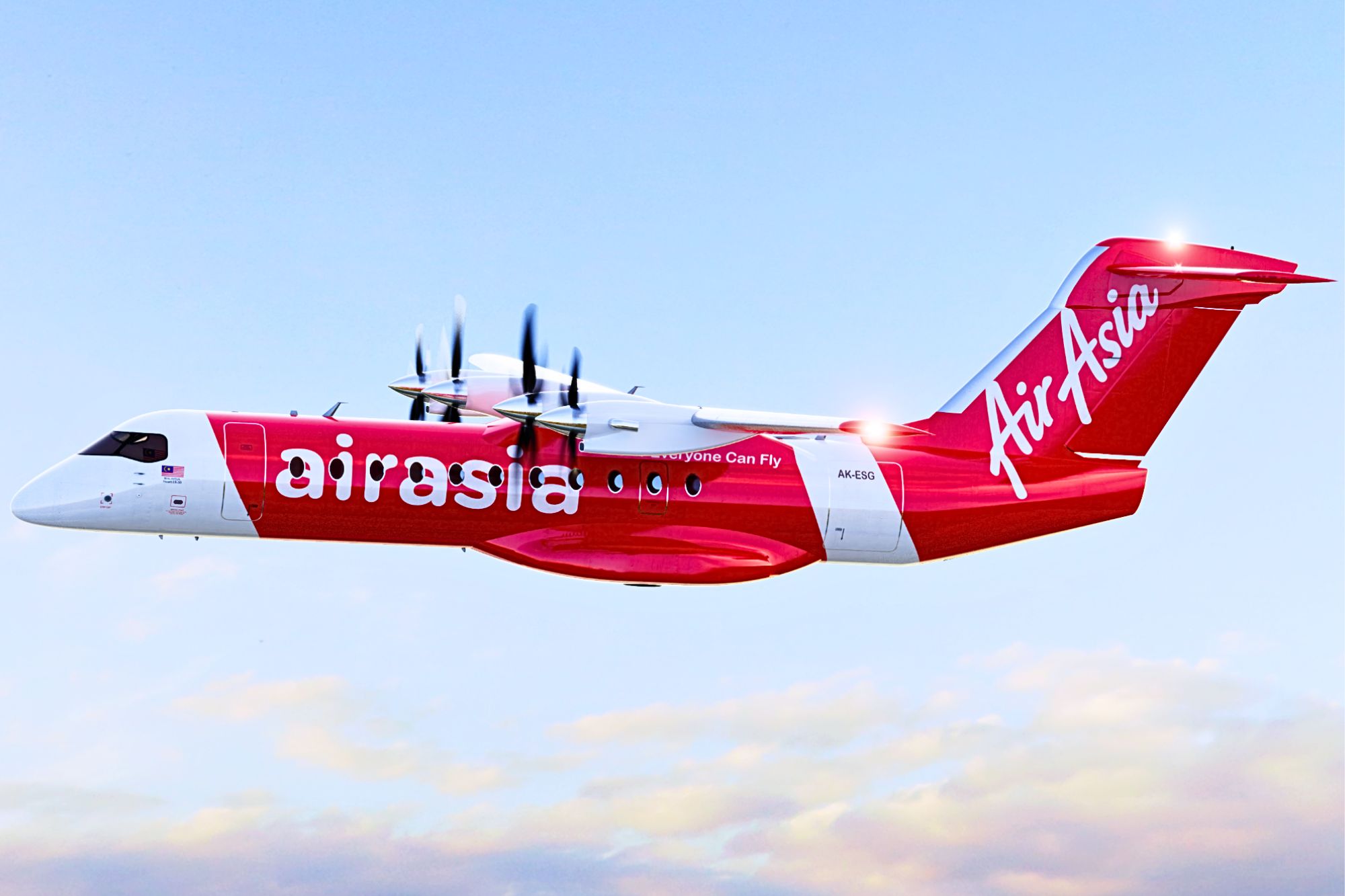AirAsia has announced that it has joined Heart Aerospace’s industry advisory board in order to help develop the Swedish startup company’s hybrid-electric aircraft, the ES-30.
As a member of the board, the low-cost carrier will provide strategic guidance and oversight on the design, development and commercialisation of the hybrid-electric 30-passenger regional aircraft.
Heart Aerospace’s Industry Advisory Board consists of leading airlines, leasing companies and airports worldwide—each representing critical components of the aviation ecosystem necessary to support the shift toward electric air travel.
On top of that, sustainability is a key focus for AirAsia. As part of its long-term goals, AirAsia aims to cut its net CO2 emissions to 50% of 2005 levels by 2050.
“At AirAsia, we are committed to exploring new technologies that align with our focus on operational efficiency and sustainability,” Captain Chester Voo, Deputy CEO for Airline Operations at AirAsia Aviation Group said in a statement.
“While electric and hybrid-electric aircraft are still nascent in Asia, they represent a compelling future for sustainable air travel. We look forward to contributing our aviation experience and insights from this dynamic region to Heart Aerospace’s pioneering work.” Voo added.
Heart Aerospace is developing the ES-30, a regional electric aircraft designed to accommodate 30 passengers. It will feature an electric, zero-emissions range of 200 kilometers, a hybrid-electric range of 400 kilometers with 30 passengers, and an extended range of up to 800 kilometers with 25 passengers.
On September 12, 2024, Heart Aerospace unveiled its first full-scale demonstrator for the ES-30.
“It is a testament to the ingenuity and dedication of our team that we’re able to roll out a 30-seat aircraft demonstrator with a brand-new propulsion system, largely in house, in less than two years,” Anders Forslund, co-founder and CEO of Heart Aerospace said.
To date, Heart Aerospace has secured 250 firm orders for the ES-30, with options and purchase rights for an additional 120 planes, as well as letters of intent for a further 191.

